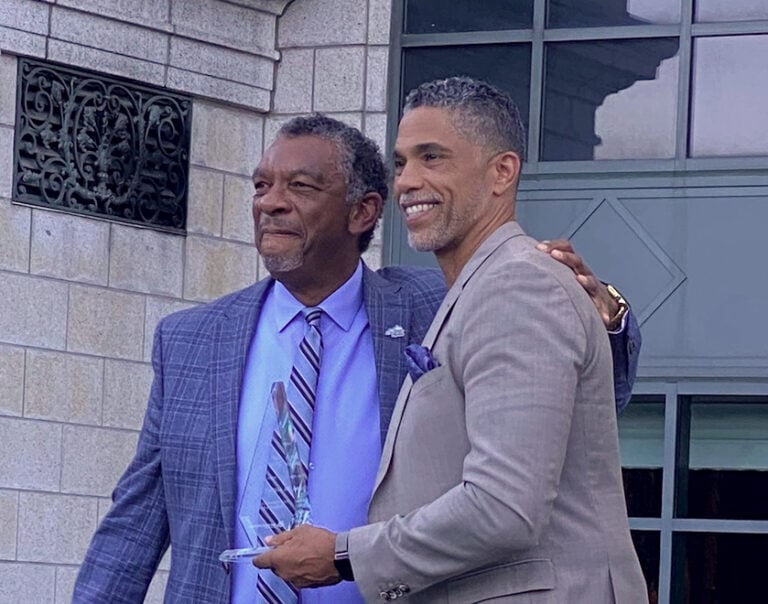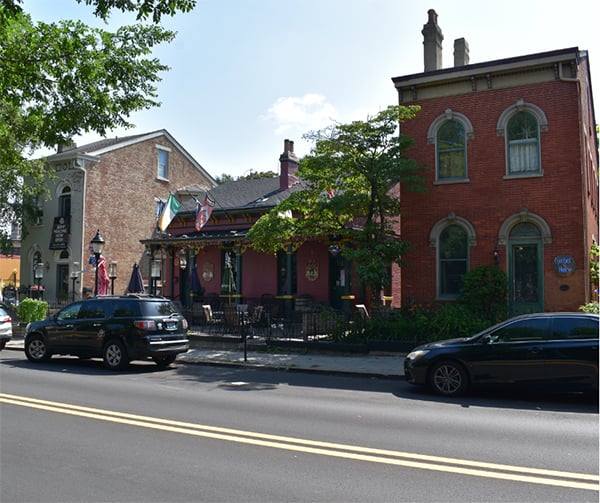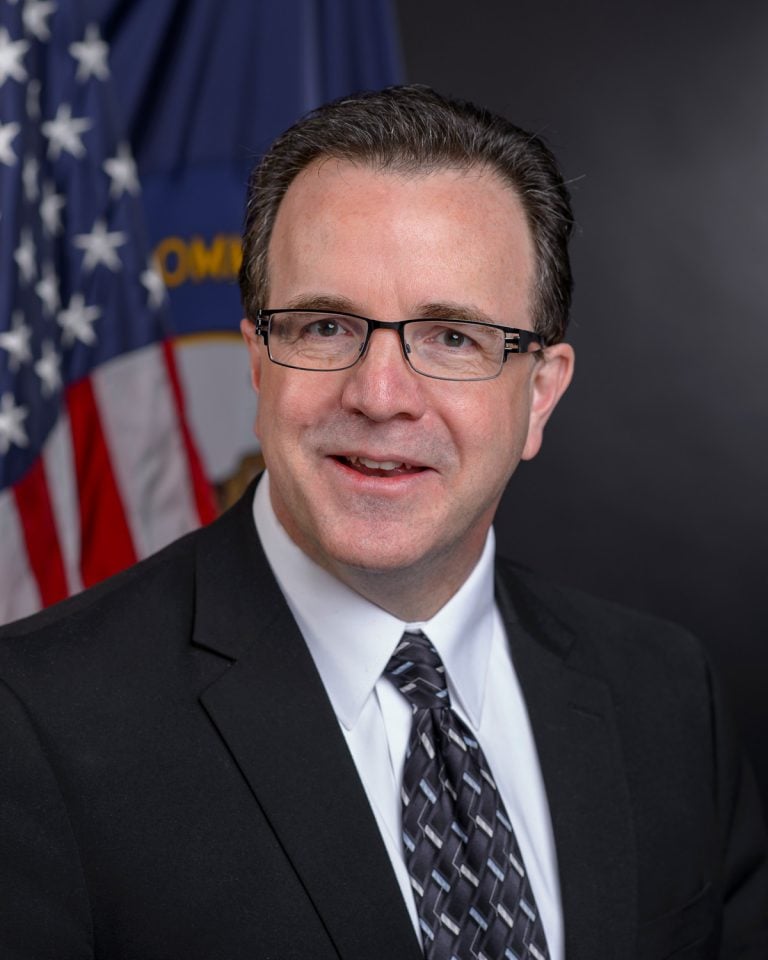Off-duty and retired law enforcement officers could carry concealed firearms anywhere that on-duty law enforcement officers carry firearms under legislation that has passed the Kentucky House.
House Bill 314 sponsor Rep. Steve Riggs, D-Louisville, said the bill affirms current law allowing Kentucky law enforcement officers to carry concealed firearms whether or not they are on-duty officers, retired officers, or off-duty officers authorized by their employer to carry concealed firearms.

“This legislation, or something like it, already exists in KRS 527. But we have to move it to this particular section (of KRS Chapter 237) to make it very clear that we intend our law enforcement officers, when they are off-duty or retired, have the ability to carry weapons that they’re trained to use and protect themselves, protect the public, and protect their family,” said Riggs.
Riggs introduced the legislation after learning that off-duty officers were stopped from carrying concealed firearms into a Louisville Palace event. Police officers in Louisville are required to carry their weapons both on and off duty, said Riggs.
HB 314, which is also sponsored by Rep. Charles Miller, D-Louisville, passed by a vote of 87-2 and now goes to the Senate for consideration. The bill would take effect immediately should it become law.
Local option sales tax proposal approved by House panel
A proposed constitutional amendment that could allow cities and counties to levy a local option sales and use tax for specific projects has cleared a House committee.
If passed by the House and Senate, House Bill 2 would let statewide voters decide this fall on a proposed constitutional amendment that would allow state lawmakers to give local governments the power to enact an up-to-1 percent tax for a specific local projects for a limited time, if the tax is approved in a local referendum. The tax would be discontinued once a project is paid off or a certain number of years has passed, whichever comes first, according to the legislation.
The proposal, sponsored by House Speaker Greg Stumbo, D-Prestonsburg, and House Minority Floor Leader Jeff Hoover, R-Jamestown, cleared its first hurdle when it was approved by the House Elections, Constitutional Amendments and Intergovernmental Affairs Committee.
“It’s actually a three-tier process,” Stumbo said of the steps taken to enact a local option sales and use tax. “The people of Kentucky would be given the option as a constitutional amendment and then if, in fact, it were to be passed as enabling legislation (by the General Assembly) then the city council or the governing body … would have to identify a project and vote to put that proposal before the people and then the people themselves would have to vote on it.”
Local option sales taxes are now allowed to be levied by at least one local government in 38 states including every state bordering Kentucky except Indiana, according to the Kentucky League of Cities. City and counties in Kentucky have never had local option sales tax authority under the current state constitution.
Stumbo compared the proposed legislation to the Kentucky Education Reform Act, or KERA, which increased funding for public education in the Commonwealth following its passage in 1990.
“If we say to Kentuckians, as we did 26 years ago with the KERA legislation, ‘we’re going to ask you to pay more, but we’re going to show you where it’s going,’ in that instance for education—in this instance they’d be able to see exactly what it’s going for, and I believe that’s the way in modern times that we have to approach these funding situation,” said Stumbo.
Legislation similar to HB 2 passed the House by a vote of 62-35 in 2015 but did not pass the Senate.
HB 2 now goes to the full House for consideration.
From LRC Public Information

















